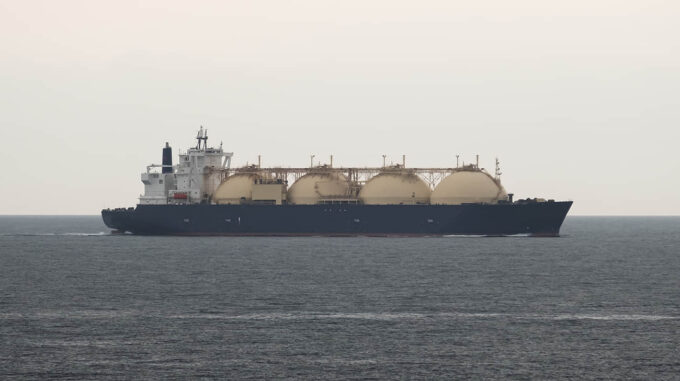France and Belgium’s Rejection of the European Commission’s Energy Sovereignty Plan from Russia: An In-Depth Analysis of Political and Economic Consequences

Against the backdrop of severe geopolitical challenges faced by the European Union due to Russia’s war against Ukraine and energy security threats, member states are actively seeking ways to reduce dependence on Russian gas. However, not all countries support a unified strategy; some deliberately choose to refuse Russian energy resources altogether. Specifically, France and Belgium have openly expressed their disagreement with the European Commission’s plans for a complete halt to Russian gas imports, causing considerable concern within EU political and economic circles. According to sources published in Politico and confirmed by Euroradio, these two countries are demanding additional guarantees and more detailed assessments of the potential consequences of such a step from Brussels. They insist on not only a deeper analysis of economic and legal aspects but also on exploring alternative ways to replace Russian gas. France, one of Europe's largest importers of Russian LNG, is actively implementing a diversification strategy by developing LNG supplies from Qatar. French Energy Minister Marc Fescherie recently emphasized that the country aims to find safer and more stable energy sources, while also being cautious about legal risks and possible lawsuits from Russian entities that could arise if contracts are terminated. Data indicates that French company TotalEnergies has signed a contract with Novatek for gas supplies until 2032 and is also co-owner of the Yamal project—a major LNG plant in Siberia. The Belgian government, in turn, plans to continue importing and storing Russian LNG at least until 2035, citing concerns over potential economic repercussions and requiring detailed impact assessments of future measures. Belgian Energy Minister Matthieu Biaé hinted that before agreeing to any changes, his country would insist on technical consultations and infrastructure capability analyses—indicating a desire to avoid sudden disruptions in energy supply. Contrasts in positions between France and Belgium on one side, and Spain and the Netherlands on the other, openly demonstrate a split within the EU regarding energy policy. Spain and the Netherlands have expressed their support for plans to fully cease Russian gas imports as part of a strategic move toward energy independence. Estimates show that last year, these countries together imported nearly 17 million tons of Russian LNG—accounting for about 97% of Russia’s total supply to the EU and over half of Moscow’s global gas exports. Their expenditures exceeded €6 billion on Russian energy sources. While some nations advocate for a rapid transition to alternative energy sources, others—such as Hungary and Slovakia—insist on maintaining current supply routes, citing their dependence on pipeline Russian gas and oil as their primary energy bases. They justify these actions by emphasizing the need to protect national sovereignty and energy stability, making a unified EU decision more difficult. European Commission representatives are currently preparing a comprehensive analysis and documents that will include assessments of the economic and legal risks associated with the proposed measures. This underscores the necessity for a strict, cohesive approach to developing new energy strategies. Meanwhile, a roadmap for a complete cessation of Russian gas imports by 2027 and reducing dependence on Russian oil has sparked serious debates in political circles, especially amid criticism from countries like Hungary and Slovakia. Hungarian Foreign Minister Péter Szijjártó described this plan as an attack on his country’s sovereignty, while Slovak Prime Minister Robert Fico openly disagreed with the proposed measures, emphasizing that his country relies on Russian resources via pipeline routes. These internal disagreements within Europe’s political and energy sphere reaffirm that diversification and rejection of Russian energy remain long-term and complex tasks, requiring a balance between economic efficiency, political interests, and geostrategic security considerations. While some nations are eager for a swift reduction in dependence—favoring innovative and alternative sources—others remain committed to the traditional energy model under Russian control. As a result, the international and intra-European discourse on energy independence is becoming increasingly complicated. Politicians and experts agree that achieving stability and security in the future will require not only setting ambitious goals but also conducting thorough analyses of all possible consequences and risks, considering the diverse positions within the EU and global circumstances. Given the dynamic situation, it is clear that this process will remain in a state of intense debate for the foreseeable future, shaping the future of European energy policy in the coming years.

